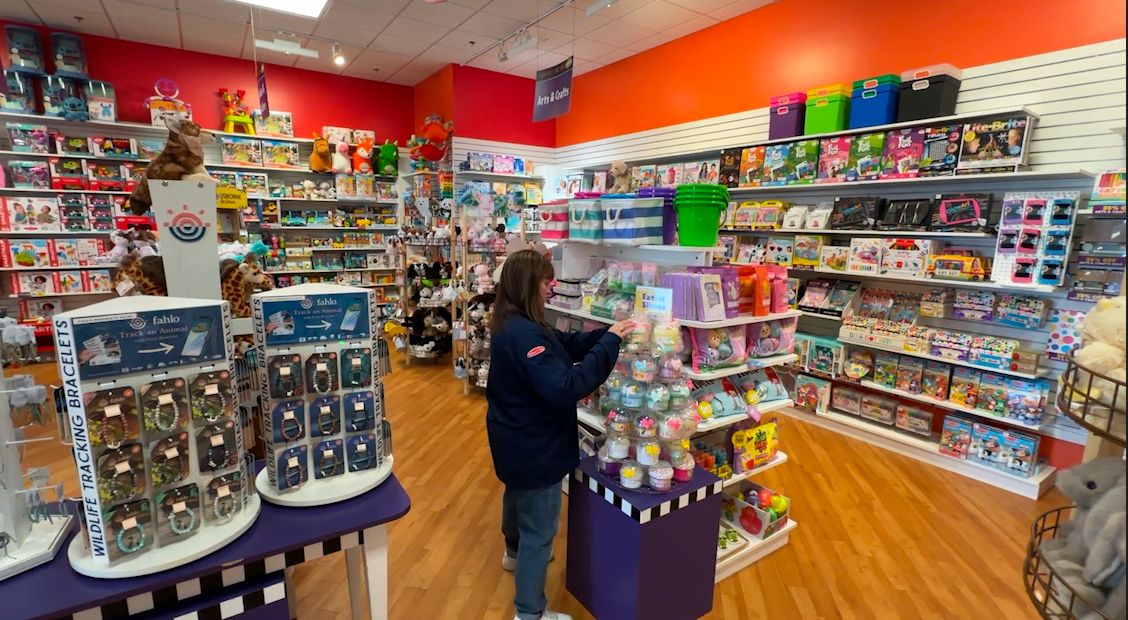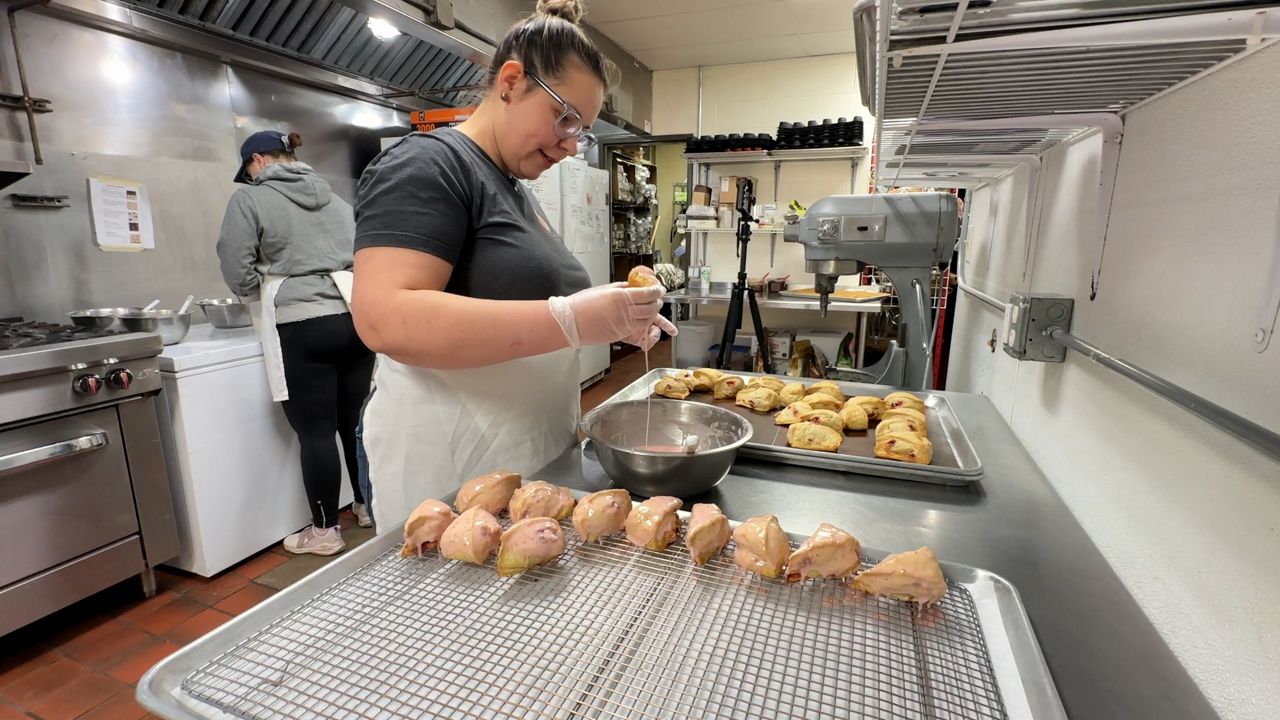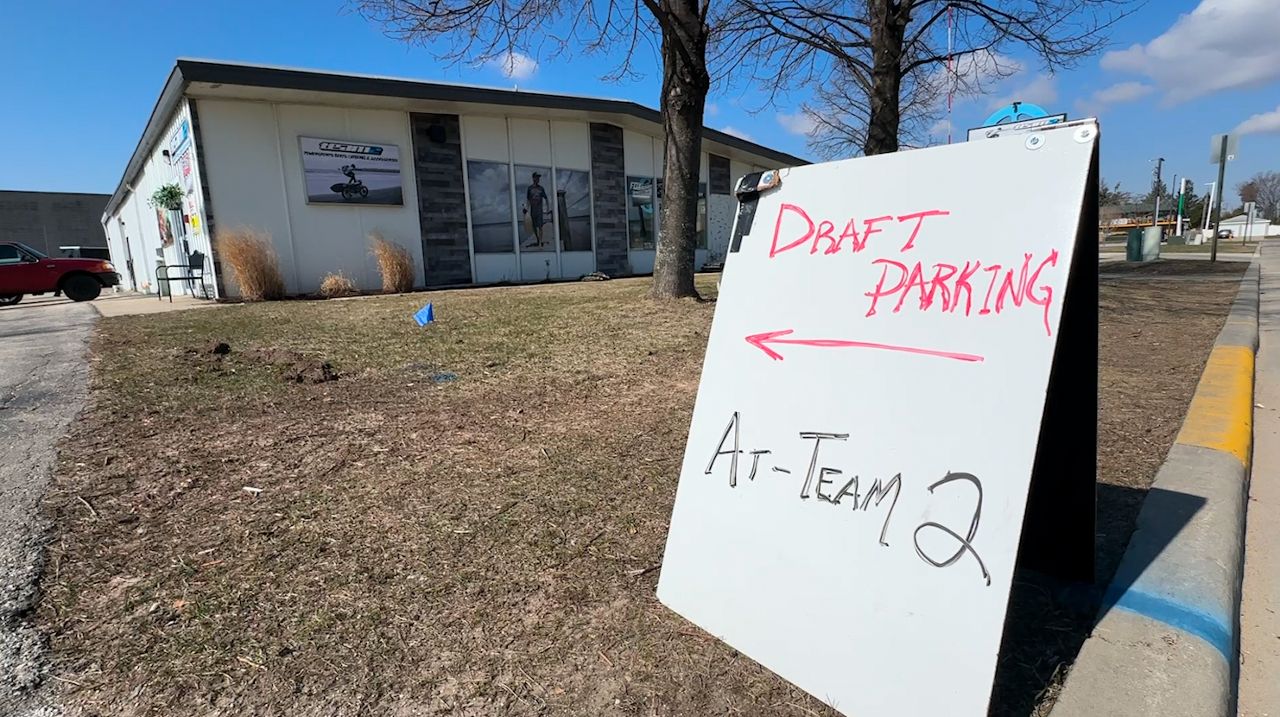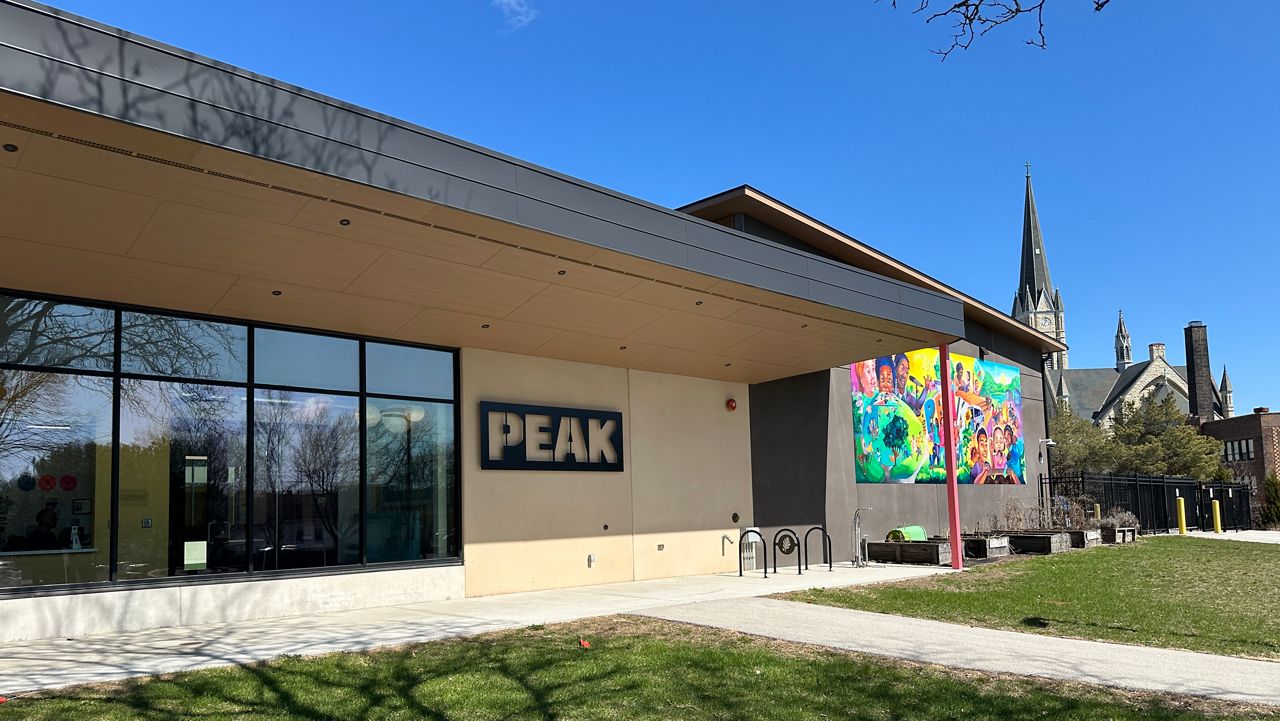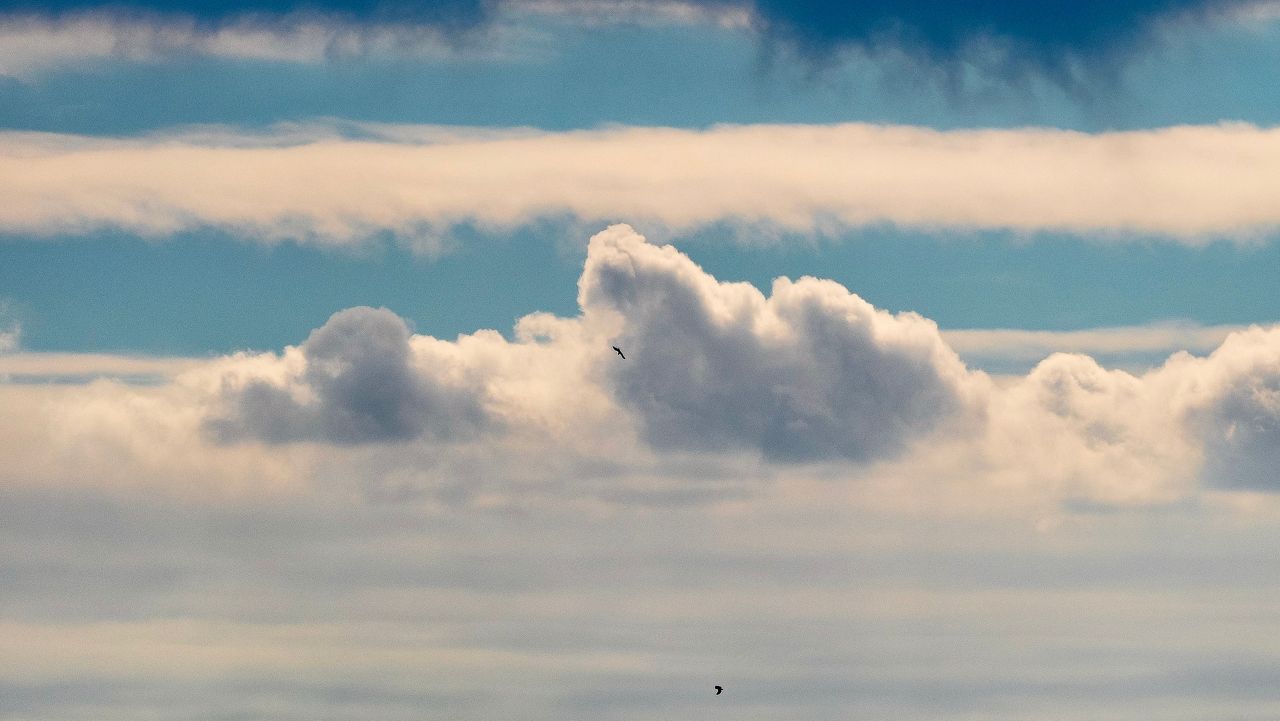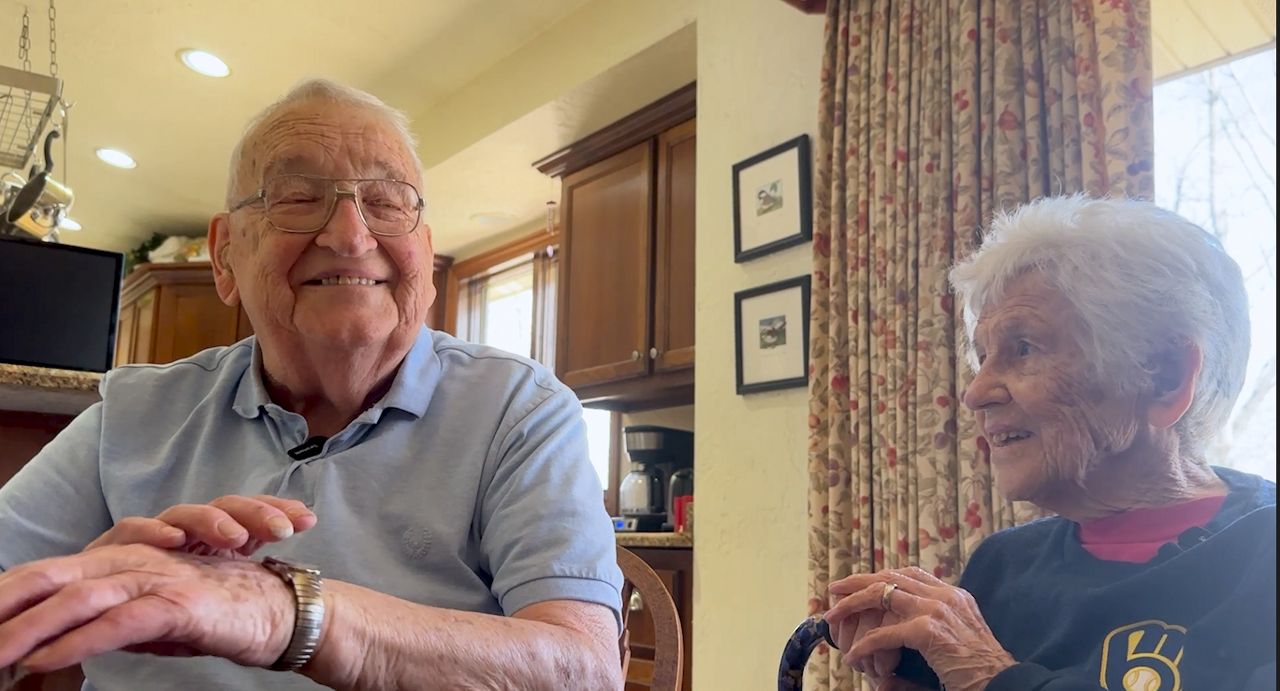MILWAUKEE — Community members and leaders gathered at the Sherman Phoenix, an entrepreneurial hub on Milwaukee’s North Side, to celebrate the cultural holiday of Kwanzaa.
Kwanzaa means “first fruits” in Swahili. The holiday was created in 1966 to reconnect Black communities with African cultural traditions and promote unity.
“So, we're celebrating the fruits of a community, the fruits of your own personal life, the fruits of your family,” said Venice Williams, curator of the Kujichagulia Producers Cooperative inside the Sherman Phoenix.
Williams helps organize the yearly Kwanzaa celebration at Sherman Phoenix. This year, it featured African peanut stew, cultural games and crafts, live music, dance and community wellness discussions.
Kwanzaa is centered around seven principles: Unity (Umoja), self-determination (Kujichagulia), collective work/responsibility (Ujima), cooperative economics (Ujamaa), purpose (Nia), creativity (Kuumba) and faith (Imani). Each day of the weeklong holiday focuses on a different principle. It begins Dec. 26 and goes through Jan. 1.
“Kwanzaa is about harvesting all those things that have happened in 2024,” said Williams. “But it’s also about looking to the future and setting goals for oneself.”
Milwaukee resident Adjua Nsoroma was creating a vision board at the event at Sherman Phoenix. She has been celebrating Kwanzaa since she was a child. She’s now a mother and wants to share Kwanzaa with her 2-year-old daughter.
“I think it really goes well with the symbol and the meaning for today, which is Kujichagulia or self-determination and defining yourself,” said Nsoroma. “I really want to instill that in my 2-year-old.”
Williams said Kwanzaa is also a time for reflection on everything that happened over this past year, and a chance to celebrate your victories.
For Kamar Carter, who owns House of Vitali-tea in Sherman Phoenix, that means reflecting on how thankful he is for the growth of his business.
“When you think all the principles of Kwanzaa, you know what I mean, it all centers around getting better, coming together, building love, understanding, you know what I mean? What togetherness is. What unity’s like,” said Carter.
Those at the celebration took time to honor history, while looking to build a strong future, individually and collectively.
“We want to bring people together and you don't have to be African American to join us. Just be intentional about cultivating relationships with the African American community, celebrating who we are, and all that we have brought to this nation,” said Williams.







